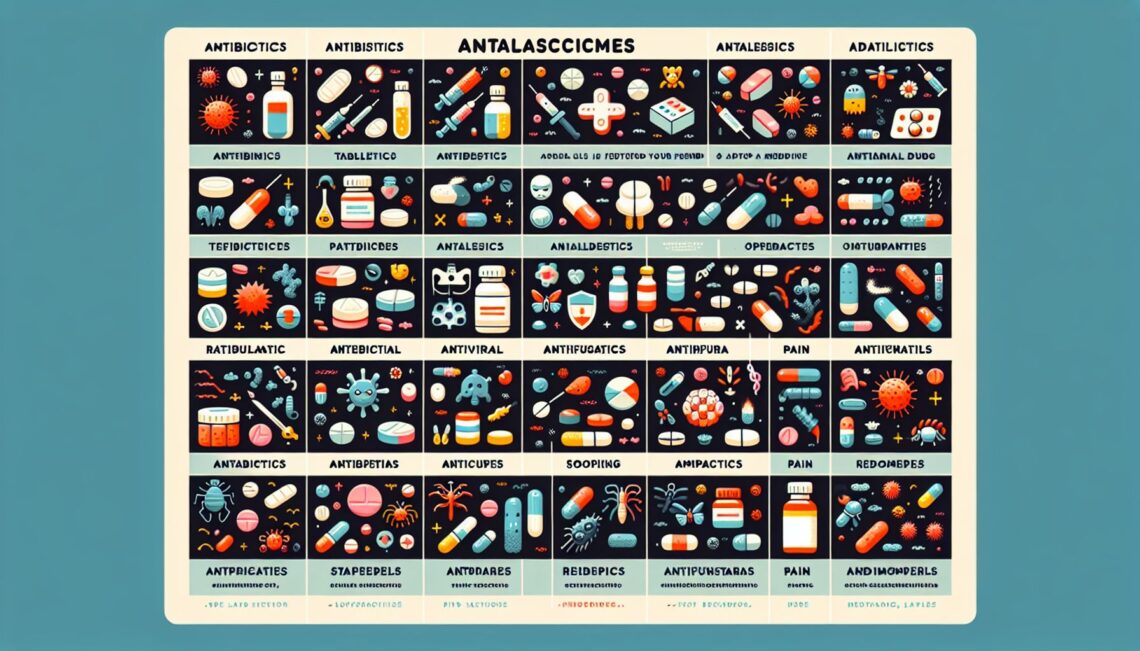
Exploring the Different Types of Medicines
When you walk down the aisle of a pharmacy, you may be overwhelmed by the sheer variety of medicines available. From pain relievers to antibiotics to vitamins, there is a medicine for just about every ailment. In this article, we will explore the different types of medicines and how they work to keep us healthy.
Over-the-Counter Medicines
Over-the-counter medicines, also known as OTC medicines, are available without a prescription and are typically used to treat minor ailments such as headaches, colds, and allergies. Some common examples of OTC medicines include aspirin, ibuprofen, and antihistamines. These medicines are generally safe when taken as directed, but it is important to read the labels carefully and follow the instructions to avoid any potential side effects.
Prescription Medicines
Prescription medicines are drugs that are prescribed by a healthcare provider to treat a specific condition. These medicines are typically stronger than OTC medicines and are used to treat more serious illnesses such as infections, high blood pressure, and diabetes. It is important to follow your healthcare provider’s instructions when taking prescription medicines to ensure they are effective and safe.
Antibiotics
Antibiotics are a type of medicine used to treat bacterial infections. They work by killing or inhibiting the growth of bacteria, helping the body to fight off the infection. It is important to take antibiotics as prescribed and to finish the entire course, even if you start feeling better before it is completed. Failure to do so can lead to antibiotic resistance, where the bacteria become resistant to the antibiotic and are harder to treat.
Vitamins and Supplements
Vitamins and supplements are used to provide the body with essential nutrients that may be lacking in one’s diet. They come in various forms, such as capsules, tablets, and liquids, and can be used to support overall health or to address specific deficiencies. It is important to talk to a healthcare provider before starting any new vitamin or supplement regimen, as taking too much of certain nutrients can be harmful.
Herbal Medicines
Herbal medicines are derived from plants and are used to treat a wide range of ailments. They have been used for centuries in various cultures and are believed to have natural healing properties. Some common herbal medicines include ginger for nausea, garlic for high cholesterol, and echinacea for colds. While herbal medicines can be effective, it is important to use them with caution and to consult with a healthcare provider before starting any new herbal remedy.
In conclusion, there are many different types of medicines available to help us stay healthy and treat various ailments. Whether you are looking for pain relief, antibiotic treatment, or nutritional support, there is a medicine out there for you. Remember to always read the labels, follow the instructions, and consult with a healthcare provider if you have any questions or concerns about your medications.
You May Also Like

Understanding the Different Types of Medicines
January 20, 2024
Understanding the Different Types of Medicines
January 28, 2024

